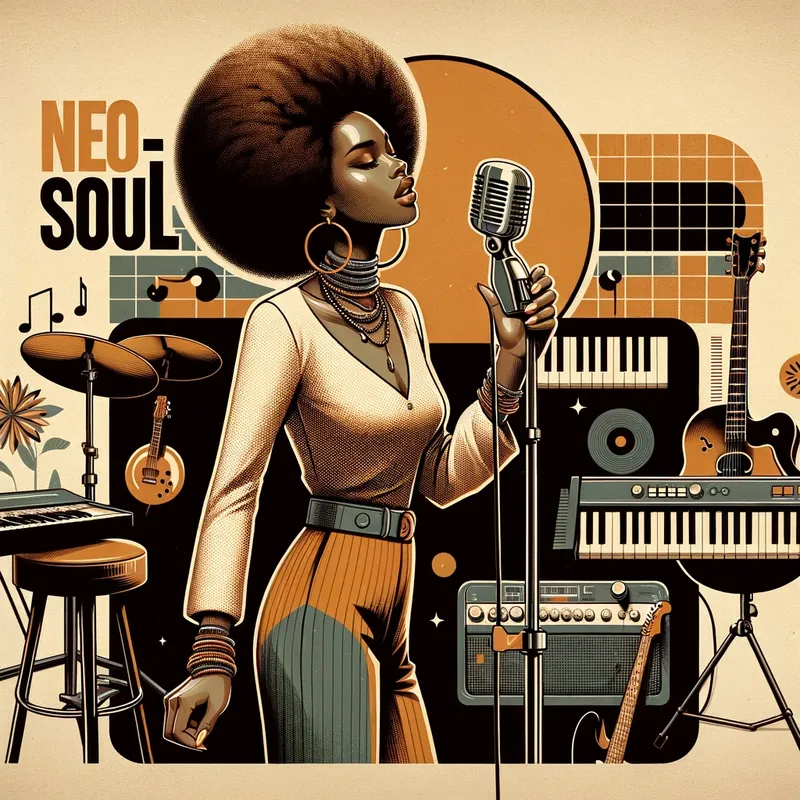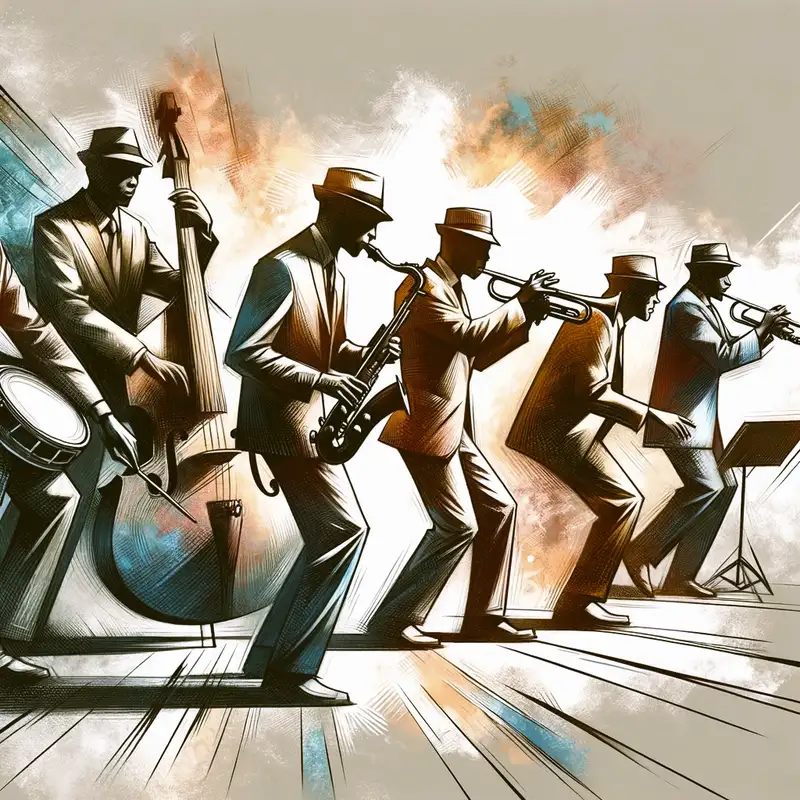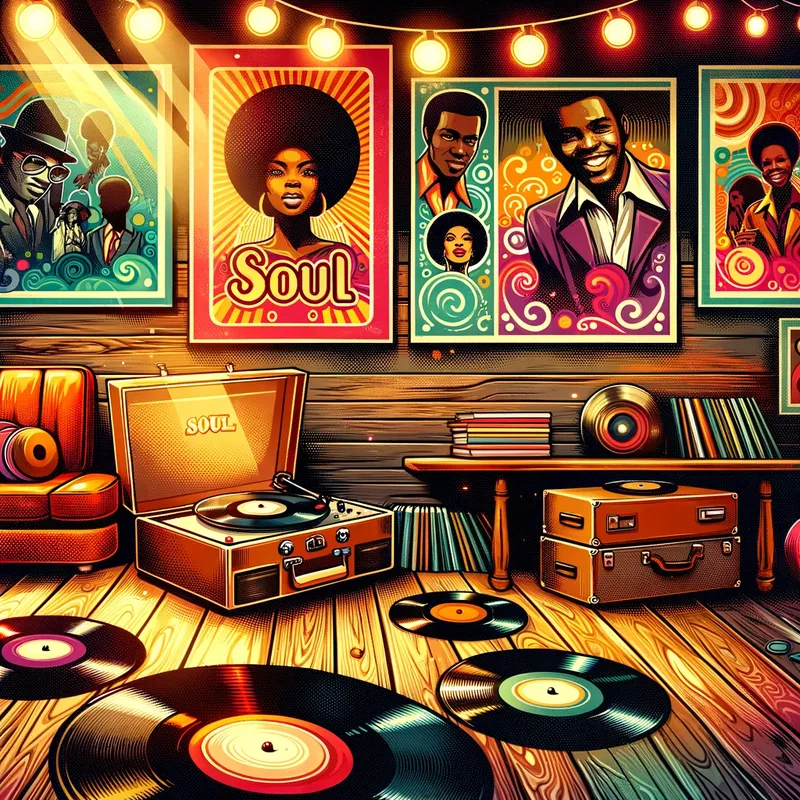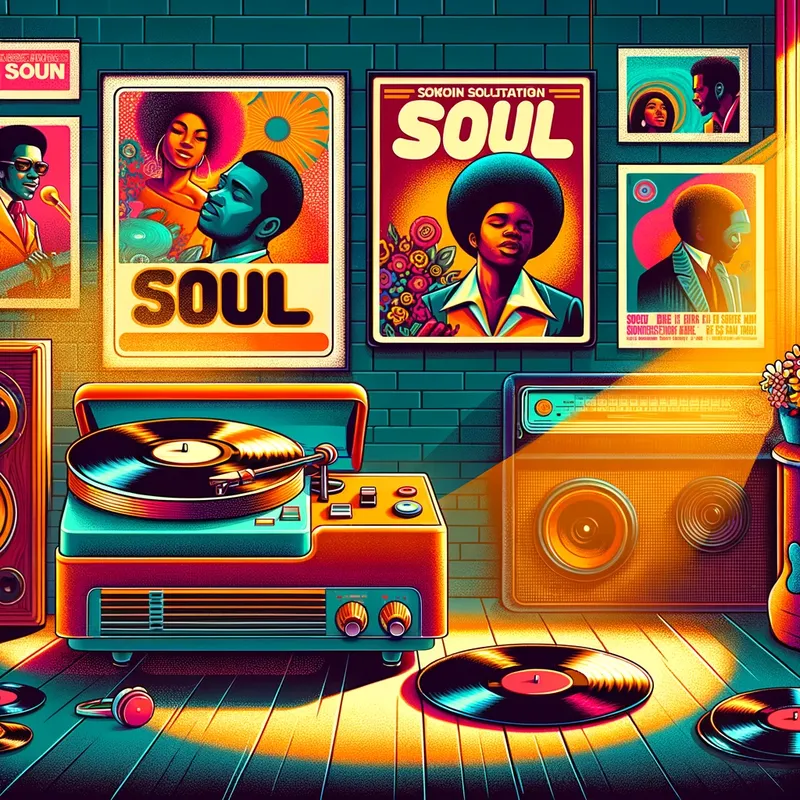Neo-Soul

Neo-soul, often referred to as progressive soul, emerged in the late 1980s and peaked in the late 1990s and early 2000s. This genre blended elements of classic 1970s soul with contemporary influences of jazz, funk, hip-hop, and electronica.
Table of Contents
Historical Context
The late 1980s and 1990s saw a musical landscape dominated by New Jack Swing, hip-hop, and synthesized R&B. While these genres thrived, there was a desire for a return to genuine instrumentation and heartfelt lyricism.
Neo-soul artists sought to satisfy this craving, valuing genuine expression over commercialized sound.
Musical Characteristics
- Organic Instrumentation: Unlike the heavily synthesized sounds of its time, neo-soul embraced the organic. This included real drums, horns, pianos, and guitars.
- Eclectic Influences: While rooted in soul, the genre borrowed from jazz, gospel, funk, Afrobeat, and even hip-hop.
- Lyrical Depth: Songs often delved deep into topics of love, spirituality, identity, and socio-political issues.
- Innovative Production: Producers often experimented with beats and rhythms, incorporating samples but ensuring the heart of soul was not lost.
Key Artists
- Erykah Badu: Dubbed the “Queen of Neo-Soul,” Badu’s music, particularly her debut “Baduizm,” was instrumental in defining the genre.
- D’Angelo: His album “Brown Sugar” became a template for neo-soul, blending his smooth vocals with lush instrumentation.
- Lauryn Hill: The former Fugees member’s solo debut, “The Miseducation of Lauryn Hill,” is a cornerstone of the genre.
- Jill Scott: Her poetic lyrics and jazz-infused sound brought a unique dimension to neo-soul.
- Maxwell: Known for his falsetto and smooth ballads, he contributed significantly to the romantic side of neo-soul.
Legacy and Evolution
While neo-soul’s peak was arguably in the late 1990s and early 2000s, its influence is still evident today. Many modern R&B artists, like Solange and Frank Ocean, exhibit clear neo-soul influences in their music.
Neo-soul, in its essence, was a revivalist movement, reminding the world of the depth and richness of traditional soul music. Through its profound lyrics, genuine instrumentation, and the soulful voices of its artists, neo-soul etched its place in musical history.


